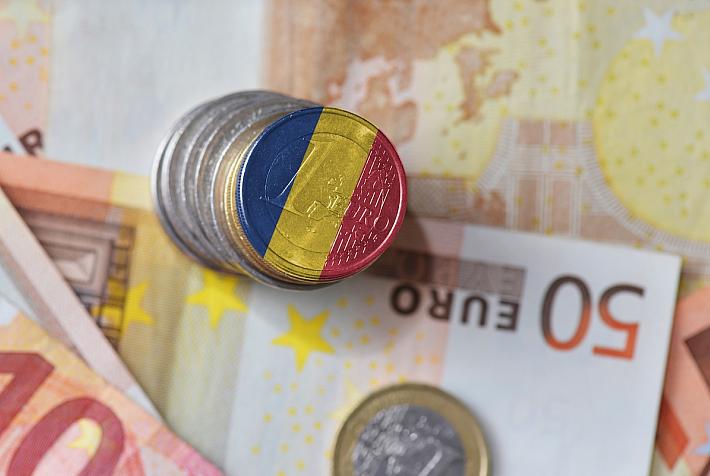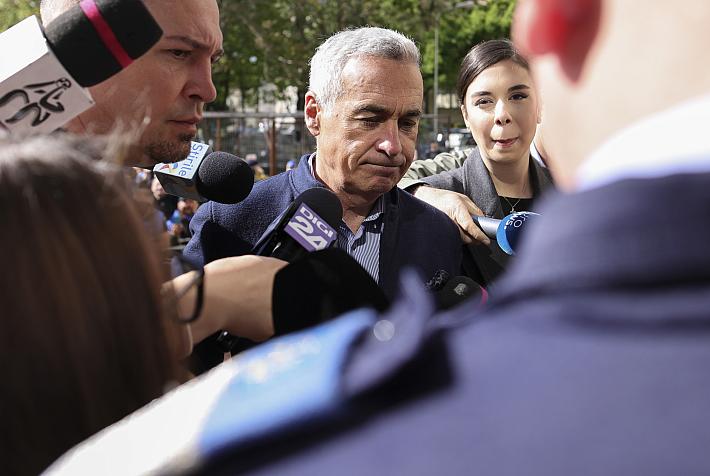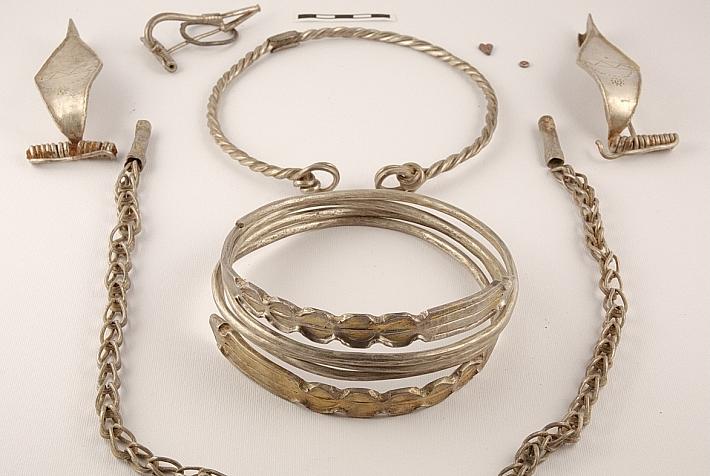Looking back at 2015: Colectiv, the Romanian tragedy that has changed laws and people

Friday, October 30, 2015. A day that ended in fear, pain, and confusion. A day that will remain in Romanians’ memory as the day when the tragedy at Colectiv club took place. The day in which people died, others started fighting for their lives, while the rest started fighting for a better country.
It was a regular Friday night when Romania was shaken by a great tragedy. Some 400 young people went to Colectiv club in Bucharest on the evening of October 30, 2015, just to have fun. Colectiv was one of the most well-known clubs in Bucharest and Romanian band Goodbye to Gravity was releasing a new album, so the club was quite crowded.
It was around 22:30 when the tragedy took place. A fire caught the club and killed 27 people that night while injuring many more. However, the number of those who have lost their lives more than doubled in the coming period, reaching 63 on December 21.
The fire, which apparently started from some on-stage fireworks, quickly spread from one of the clubs’ pillars to the ceiling, both of them being covered with a type of soundproofing sponge. Prosecutors say that the tragedy happened because the number of people inside the club exceeded the club’s legal limit, given that the location didn’t have several emergency exits.
A large number of people reacted after the incident and wanted to help the victims with whatever they could. More than 1,500 people donated blood in Bucharest in one weekend, which was a record for Romania. Employees in blood transfusion centers said the only time they saw so many people queuing up to donate blood was at the Romanian Revolution in 1989.
It was the first sign that the Romanians started to wake up and realize how big the tragedy is. It wasn’t long until they started taking the streets, asking for a better country, better laws, and a new Government.
And the protests haven’t stopped for nine days, although Victor Ponta resigned from the position of Prime Minister on November 4, soon after the people starting taking the streets. It was a sign that Romanians want a bigger change for their country. Following consultations with President Klaus Iohannis and the civil society, the former European Commissioner Dacian Ciolos was appointed to lead a new Government of technocrats.
Cristian Popescu Piedone, Bucharest’s District 4 Mayor, also resigned.
While the people were on the streets asking for a better country, the authorities began the investigation in this case. They’ve prosecuted former District 4 Mayor, they’ve arrested the club’s owners and other people related to the case, took evidences from the club, documents from the District 4 City Hall and from other institutions which were somehow connected to the tragedy and the club, as well as from the company which provided the fireworks.
Romania’s PM dismisses consumer protection head after Colectiv tragedy.
Bucharest nightclub fire investigation continues with hearings, documents inspection.
In December, experts from the National Institute of Research and Development for Mining Safety and Protection to Explosion (INSEMEX) also conducted a judicial experiment to determine the exact place where the fire started in the club, and how it spread.
Not only the Government was changed in Romania following this tragedy, but also the people and the laws. Soon after the fire at Colectiv, a well-known club in Bucharest closed down. Things haven’t stopped here and other clubs started to follow the trend, closing down as they weren’t respecting the fire safety rules.
The days have passed, and the things kept changing in Romania. For example, a new law on buildings with high seismic risk entered into force in November. According to it, stores, restaurants and other commercial units are no longer allowed to operate at the ground floor of buildings with high seismic risk. Many of the burs, clubs and restaurants in Bucharest’s Old Town closed down because of this new law.
Moreover, the Bucharest Emergency Situations Inspectorate (ISU) also announced in December that the use of open flames, such as candles and torches, will be prohibited during theater and opera performances or for ambiance and entertainment in restaurants, bars, and clubs.
The tragedy also put in the spotlight the vulnerabilities of the Romanian medical system. A media investigation showed at the beginning of December that many of the people who died after the Colectiv club tragedy in Bucharest have been killed by aggressive germ infections they developed in the Romanian hospitals. Earlier this week, the Romanian Ministry of Health also completed a report on hospital infections at the medical facilities where the Colectiv club fire victims have been admitted, showing some of the irregularities in these units.
Thus, although the day of October 30 will remain in Romanians’ memory as one of the most tragic days in the country’s history, it is also the day that has changed laws, people, and mentalities.
According to recent data from the Ministry of Health, 23 victims are still admitted in hospitals in Bucharest and abroad.
Irina Popescu, irina.popescu@romania-insider.com











